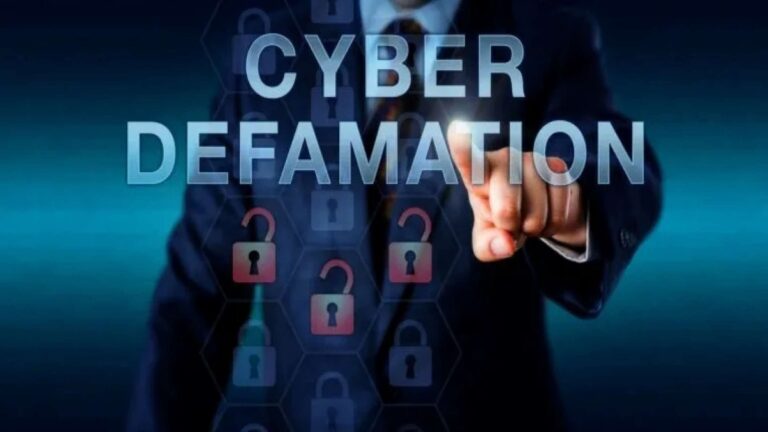Combating Cyberbullying – Safeguarding Individuals in the Digital World
In today’s digital era, the internet serves as a gateway to a plethora of opportunities and connections. However, amidst its vast potential lies the sinister phenomenon of cyberbullying. This blog delves into the realm of cyberbullying and the legal frameworks in place to protect individuals from online harassment.
Understanding Cyberbullying
Cyberbullying encompasses various forms of harassment and intimidation conducted through electronic means. It targets individuals of all ages, but adolescents and teenagers are particularly vulnerable due to their extensive use of digital platforms. Cyberbullying can take many forms, including:
- Advertisement of humiliating content about an individual online.
- Creation of fake profiles to impersonate and defame others.
- Spreading false information or hate speech targeting specific individuals or groups.
- Hacking into personal accounts to disseminate derogatory material.
- Doxing, which involves publishing private information to facilitate harassment.
The Impact of Cyberbullying
The effects of cyberbullying can be profound, leading to emotional distress, social isolation, and even psychological trauma. Victims often suffer in silence, fearing further retaliation or social stigma. It is essential to recognize the seriousness of cyberbullying and take proactive measures to address it.
Cyberbullying not only affects the victim but also has ripple effects on their friends, family, and community. The pervasive nature of online harassment means that it can follow victims wherever they go, invading their personal space and eroding their sense of safety and security.
Reporting Cyberbullying
Reporting cyberbullying is crucial in combating this pervasive issue. Victims and bystanders can report incidents to dedicated cybercrime authorities, such as the Cyber Crime Portal. The process involves providing detailed information about the incident, including any supporting evidence, to facilitate swift action by law enforcement agencies.
It is important for victims to document any instances of cyberbullying, including screenshots of offensive messages or posts. This evidence can strengthen their case and increase the likelihood of a successful investigation and prosecution. Additionally, victims should seek support from trusted friends, family members, or mental health professionals to cope with the emotional toll of cyberbullying.
Legal Frameworks and Protections
India’s legal framework offers protections against cyberbullying and online harassment. Laws such as the Information Technology Act, 2000, and the Indian Penal Code (IPC) contain provisions to address cybercrimes, including cyber defamation and identity theft. Victims can seek legal recourse and pursue criminal charges against perpetrators.
Section 66A of the Information Technology Act, which formerly penalized offensive online communication, was struck down by the Supreme Court in 2015. However, other provisions of the IT Act, such as those pertaining to cyber defamation and identity theft, remain applicable to cyberbullying cases. Victims can also seek civil remedies, such as injunctions and damages, to address the harm caused by cyberbullying.
Conclusion Cyberbullying is a pervasive issue that demands our attention and action. By raising awareness, educating individuals, and enforcing existing laws, we can create a safer digital environment for all. It is imperative that victims speak out and report incidents of cyberbullying promptly. Together, we can stand against online harassment and ensure that the internet remains a place of connection and positivity for everyone.
At Cyber Crime Legal, we understand the gravity of cyber threats, including cyberbullying, and we’re here to help. Our seasoned professionals have the expertise to defend you against a range of online dangers, from crypto scams to phishing attempts. If you or someone you know is a victim of cyberbullying, don’t hesitate to reach out to us.








